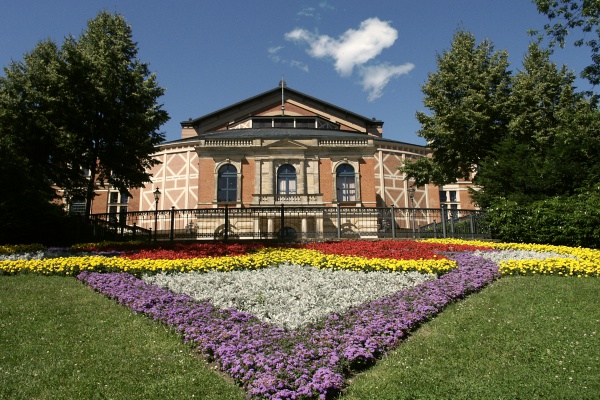Facts About Bayreuth Festival
The Bayreuth Festival, held annually in Bayreuth, Germany, is a must-visit for aficionados of Richard Wagner's operas. This distinctive event is exclusively devoted to the works of the legendary composer, featuring his epic cycle "Der Ring des Nibelungen" and the mystical "Parsifal."
The festival was originally conceived by Wagner himself. He envisioned a dedicated venue for the performance of his grand operas, and in 1876, his dream materialized with the inaugural festival. Despite initial financial difficulties, the event rapidly gained momentum, attracting premier conductors and singers, and has since become a significant cultural event.
The festival takes place in the Bayreuth Festspielhaus, a theater specifically designed by Wagner to meet the demands of his intricate compositions. Over the years, the festival has seen various artistic directors, including members of Wagner’s own family, who have infused fresh ideas and modern interpretations into the classic operas.
The festival faced numerous challenges, particularly during the Nazi era, but it managed to survive and even flourish in the post-World War II period. Leadership has changed hands multiple times, and each director has left their mark with innovative productions and unforgettable performances. Many of these performances have been recorded and are available in various formats, preserving the festival's rich legacy.
In the 21st century, there were some uncertainties regarding who would take control, but eventually, Eva Wagner-Pasquier and Katharina Wagner stepped up as directors. Today, the festival continues to allure Wagner enthusiasts, with tickets often in great demand.
With its deep history, pioneering productions, and world-renowned performances, the Bayreuth Festival remains a premier destination for experiencing Wagnerian opera at its finest.

 Belgium
Belgium